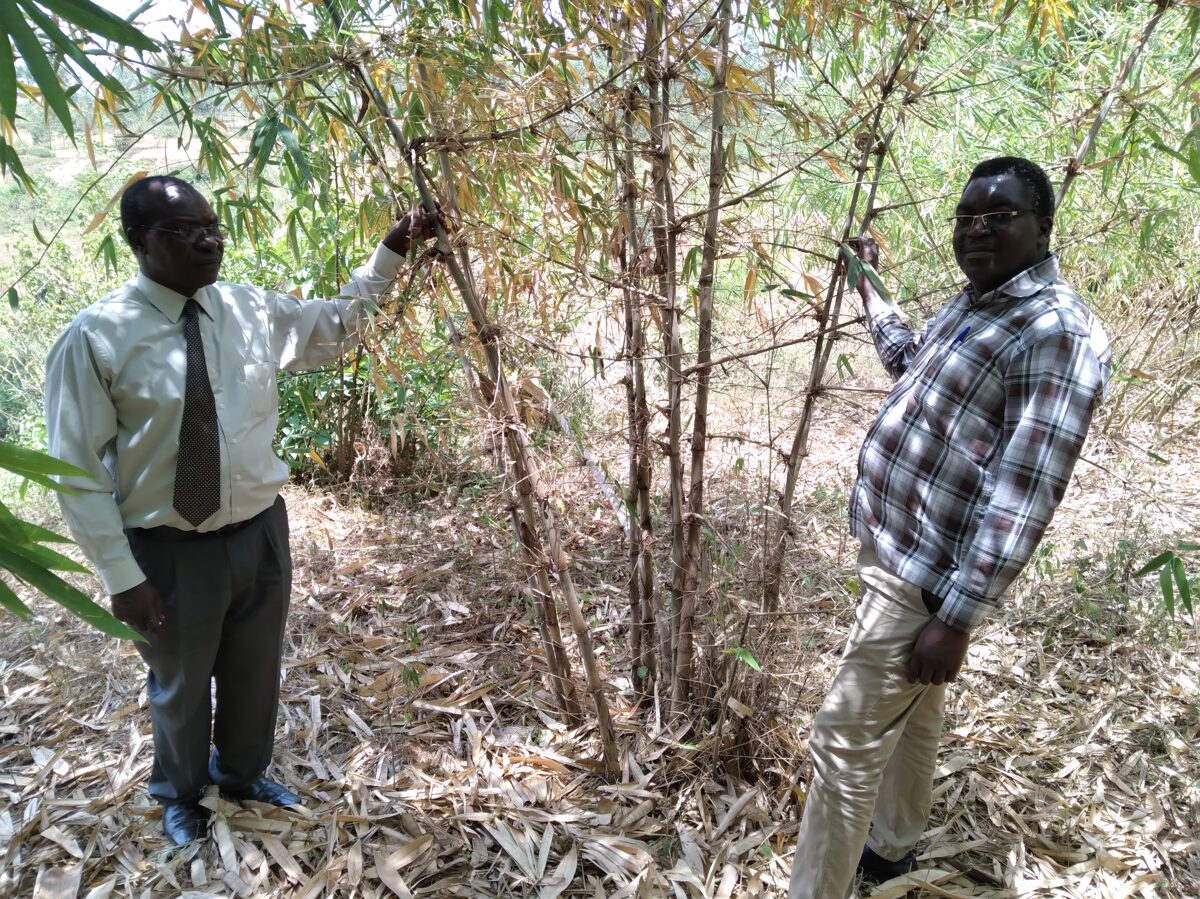Bamboo Resource Centre is a Kenyan Social Enterprise that works in Africa to help mitigate climate change, protect local bio-diversity, conserve local environment, enable sustainable livelihoods and foster environmental enterprenuership. It adopts bamboo plant and its eco-system (bamboo plant physiology and ecology). It does this by promoting farming systems, product development and marketing (PD&M) alongside stakeholder capacity building.
It was established in September 2021, by Sifa Bible Institute Division of Grace Hour Enterprises to spearhead its Agri-business Development work. The initial focus was on the Lake Victoria Basin in Kenya. However, due to stakeholder feedback, the centre now works throughout Africa- so that students of the institute can actively participate in the same. It uses a Business-to-business mentorship approach to help develop a chain of community based action groups throughout Africa - one Village-at-a-time. The groups implement our 10-thematic projects and our Janeno Project.
Our faith in the Lord Jesus Christ motivates us to help bring about lasting change in the lives of people who we serve. We neither plant our churches nor proseltyze our contacts. However, we are alive to the missions mobilization work of Sifa Bible Institute. In this respect, we: a. Vision together with other like-minded actors globally to educate and train God's people for the world and His approach to managing this plan by actively involving every believer in the Lord Jesus Christ through evangelism, discipleship, social ministry, stewardship, leadership, fellowship and organization development as acts of Christian worship. b. Enable everyone to find their own dignity as Sons of God by helping them to tackle their own poverty in a sustainable manner.

